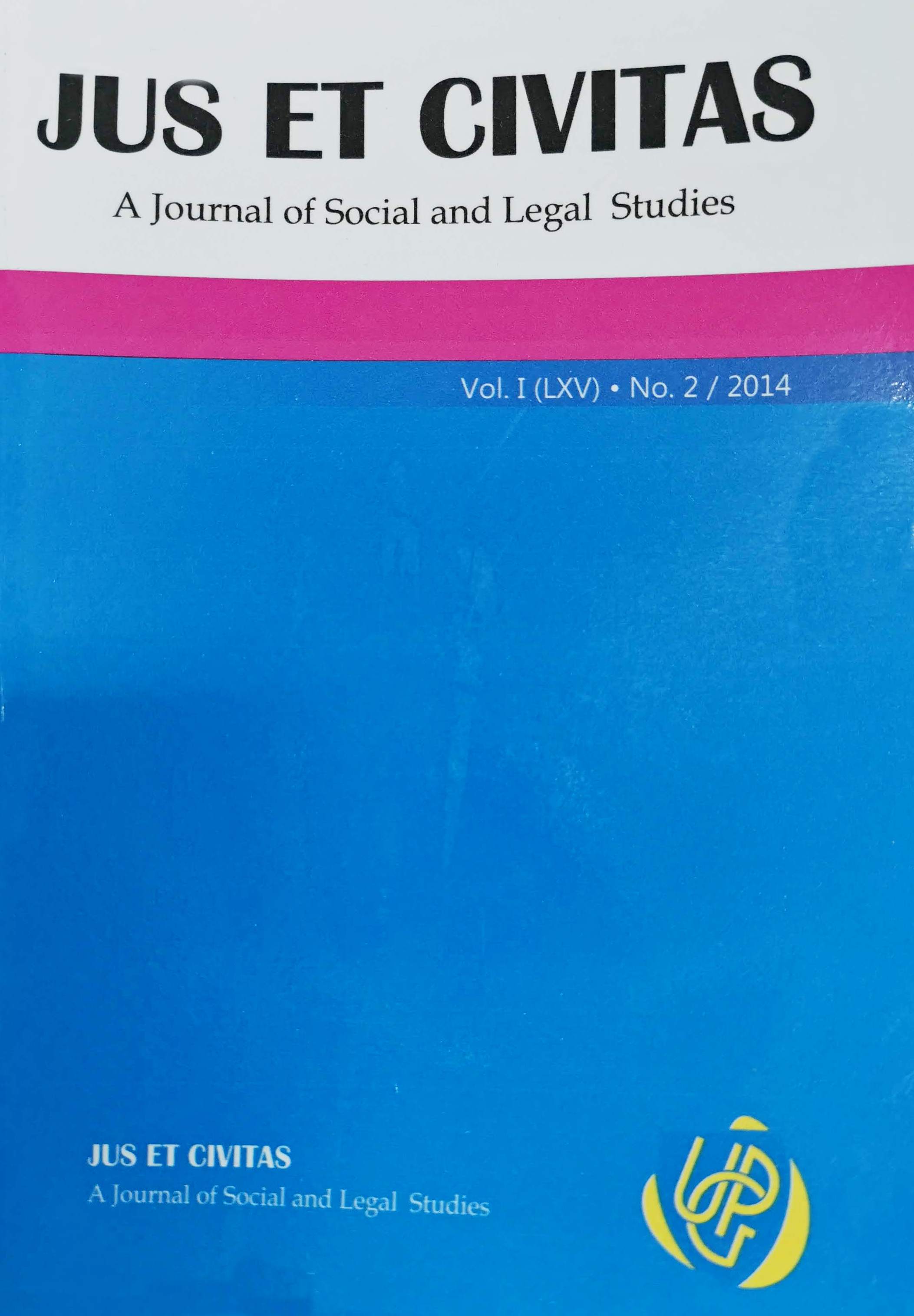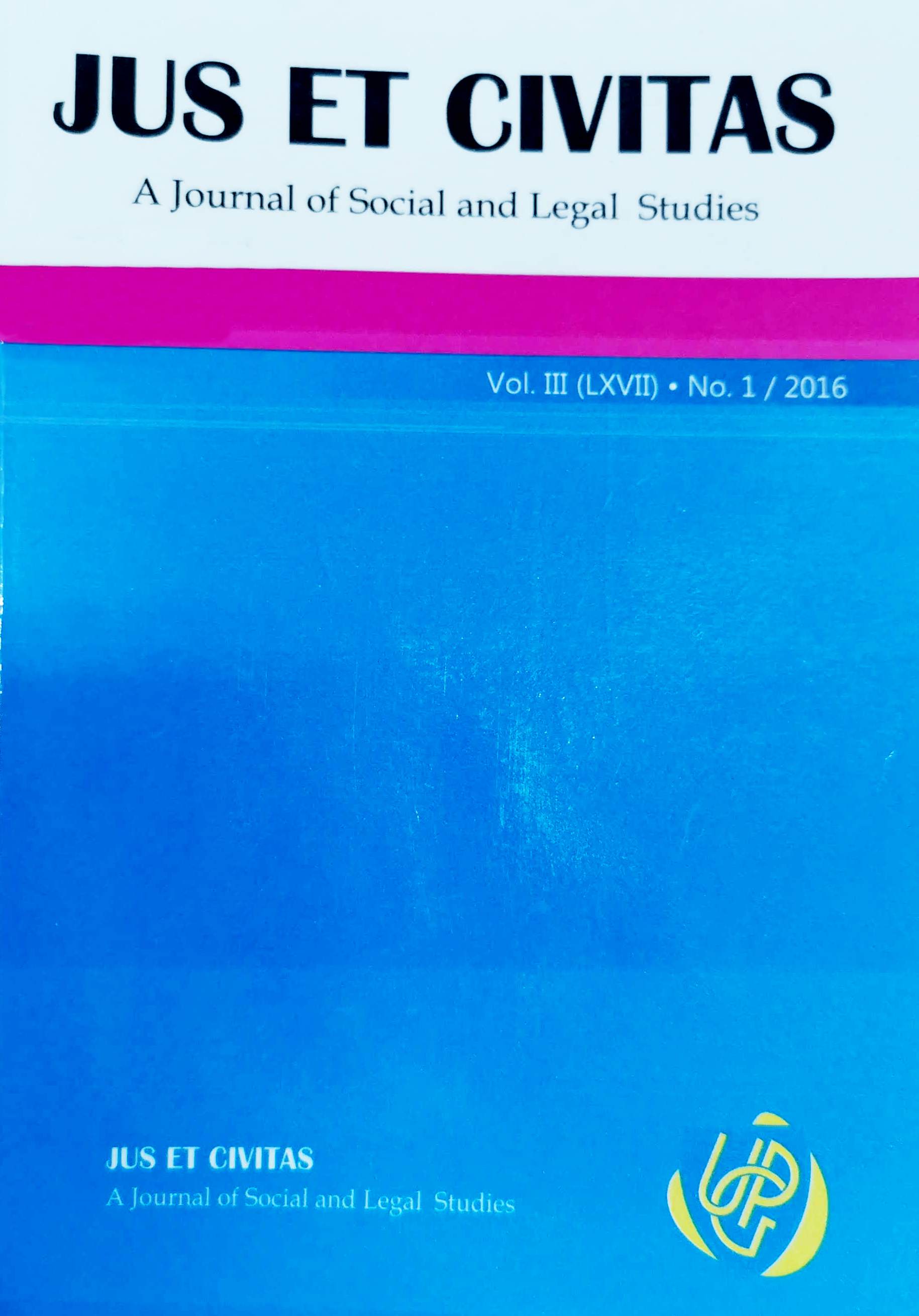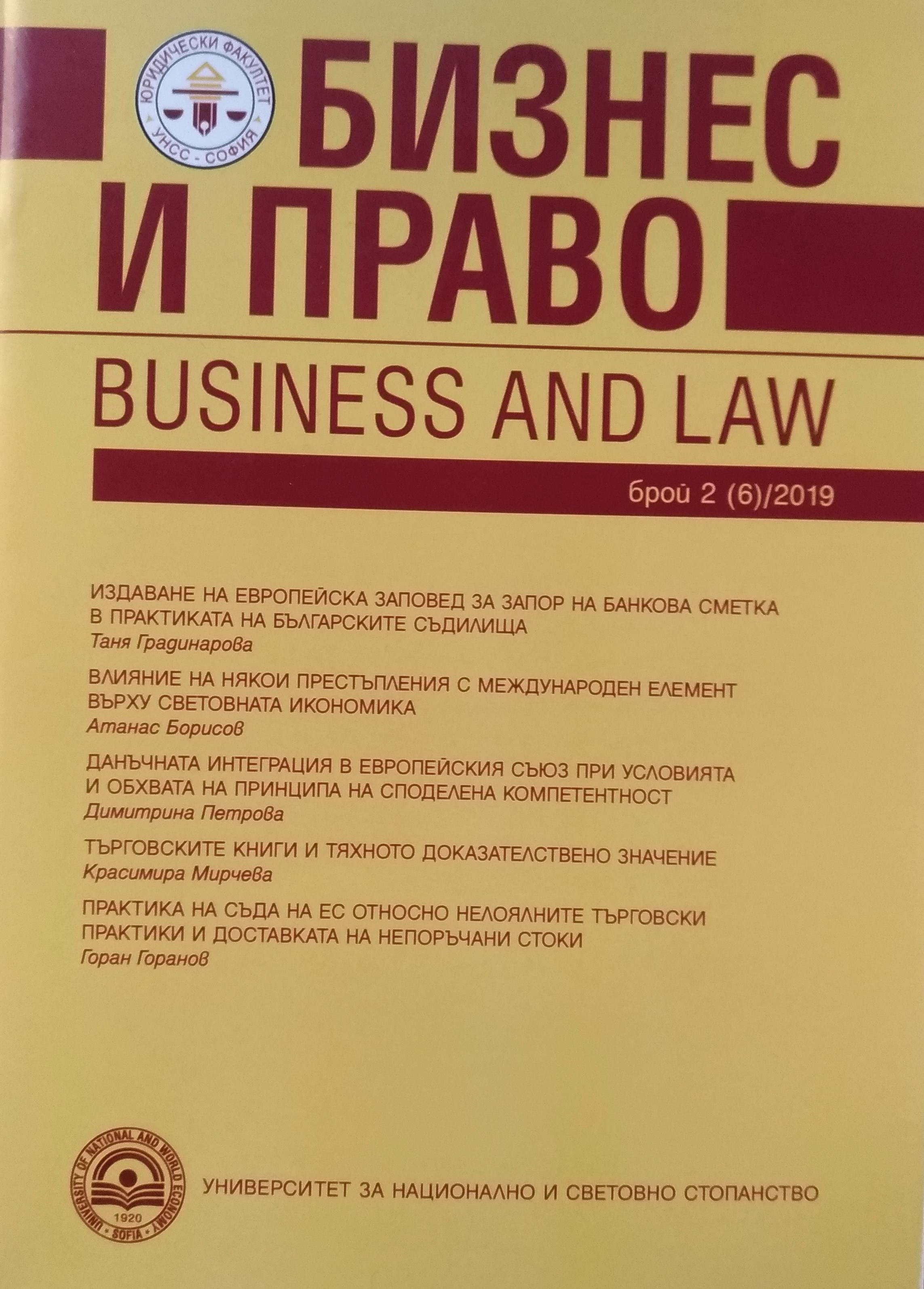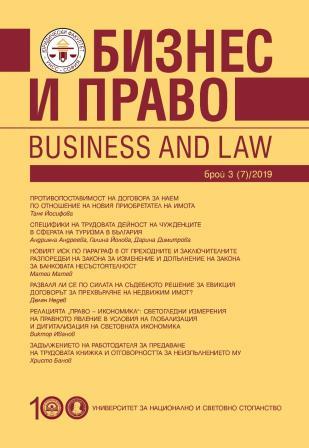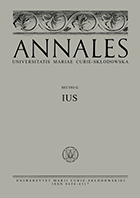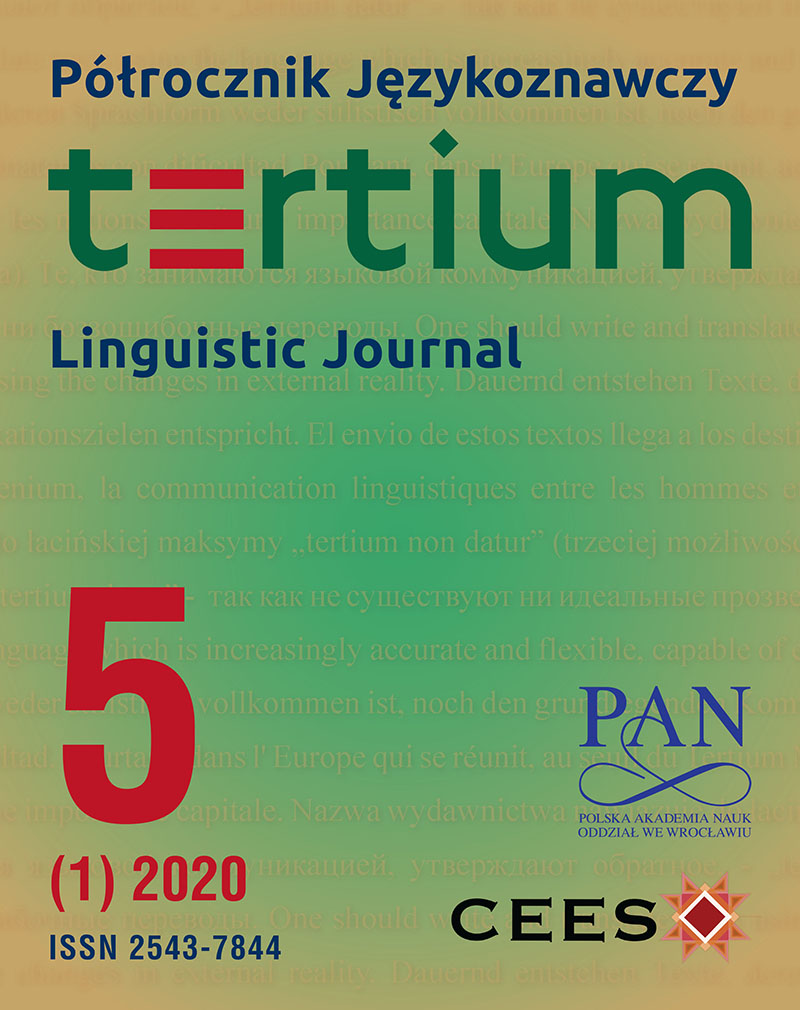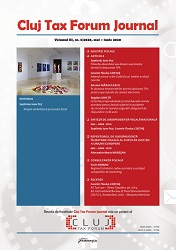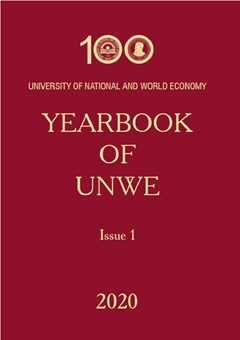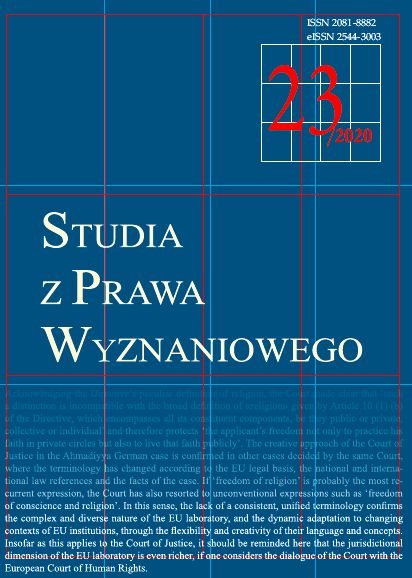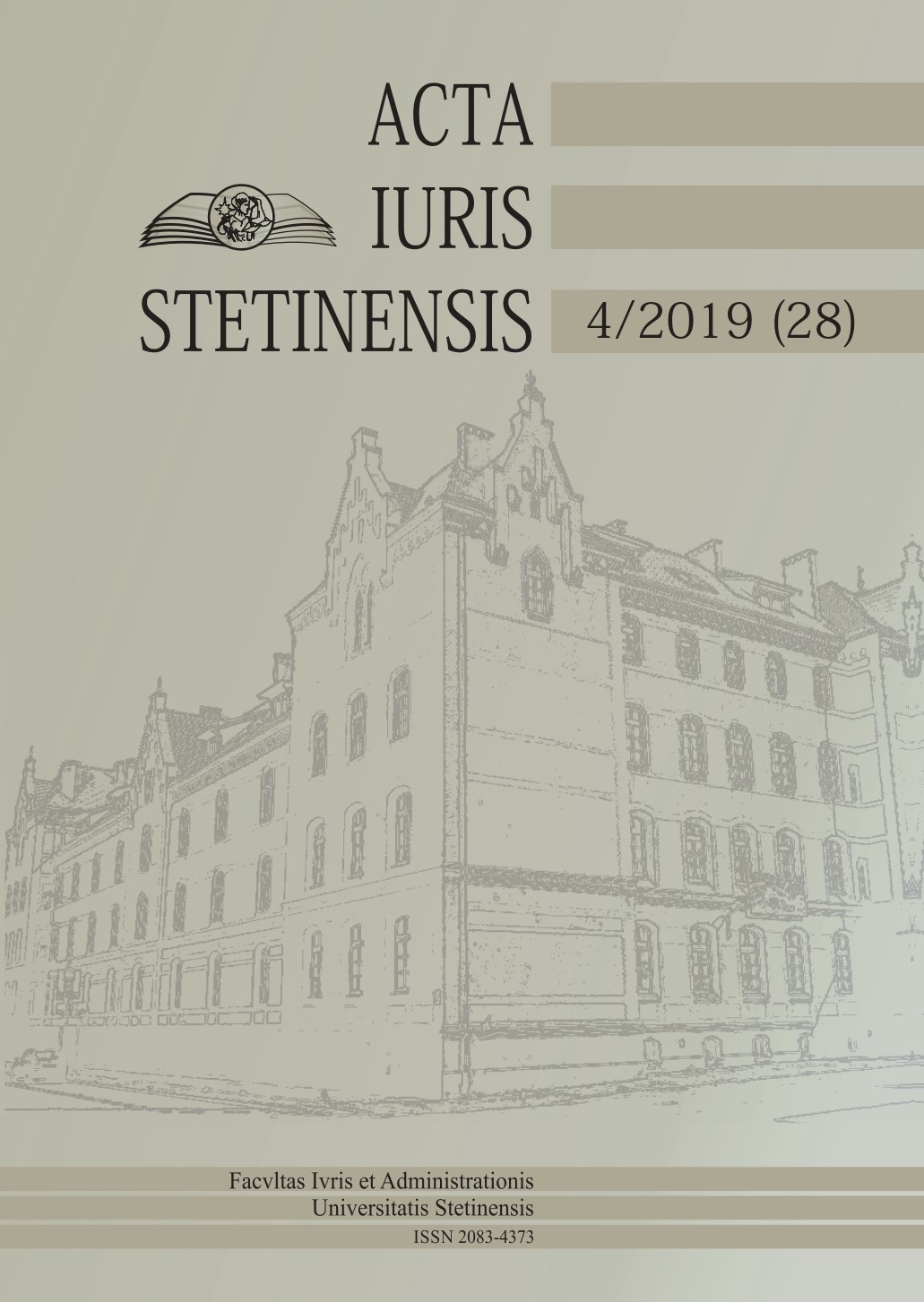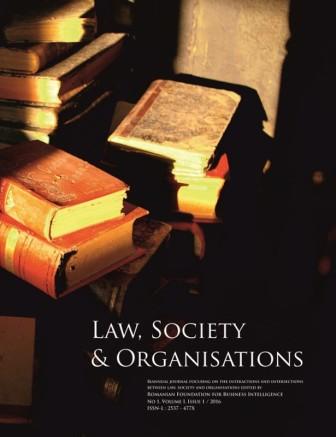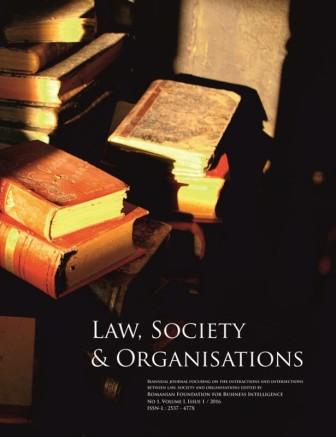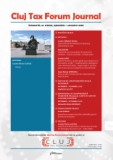Author(s): Agnieszka Rzepkowska / Language(s): English
Issue: 1/2020
The paper discusses the terminology used in an EU document. It is part of a recently started research project on labour law terminology and terminography. Directive 2002/15/EC, the document selected for analysis, is an example of EU text dealing with two subject fields: labour law and road transport. Apart from that, it presents specialised vocabulary typical of EU documents. Analysing this directive enabled the author to compile a record of terms in the three fields: labour law, road transport law, and EU legislation, and then analyse them according to several classifications: the field of study, the type of concepts represented, and the length of terms (the number of words, a formal criterion). The proportions calculated made it possible to draw some conclusions as to the specialised vocabulary found in EU legal texts from the viewpoint of a translator and a terminologist, who need to be familiar with all the topics discussed in texts they are dealing with in a given job.
Artykuł jest częścią projektu dotyczącego terminologii i terminografii z zakresu prawa pracy rozpoczętego w ostatnim czasie przez autorkę. Omówiono w nim terminologię wykorzystaną w dokumencie unijnym. Dokument wybrany do analizy, mianowicie Dyrektywa 2002/15/WE, jest przykładem tekstu unijnego obejmującego dwie dziedziny: prawo pracy oraz transport drogowy. Poza tym, wykorzystywane jest w nim także słownictwo specjalistyczne typowe dla dokumentów UE. Analiza tej dyrektywy pozwoliła autorce sporządzić zbiór terminów obejmujący trzy dziedziny: prawo pracy, prawo z zakresu transportu drogowego oraz ustawodawstwo UE, a następnie dokonać ich przeglądu z punktu widzenia różnych klasyfikacji: według dziedziny, rodzaju reprezentowanego konceptu, oraz długości terminów (liczby wyrazów w terminach, kryterium formalne). Wyliczone proporcje różnych typów terminów umożliwiły wyciągnięcie szeregu wniosków dotyczących słownictwa specjalistycznego znajdującego się w tekstach prawnych UE. Uwzględniono przy tym punkt widzenia tłumacza i terminologa, osób, które muszą dobrze orientować się w tematach podejmowanych w tekstach, którymi się zajmują w ramach konkretnych zleceń.
More...
